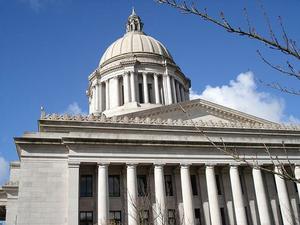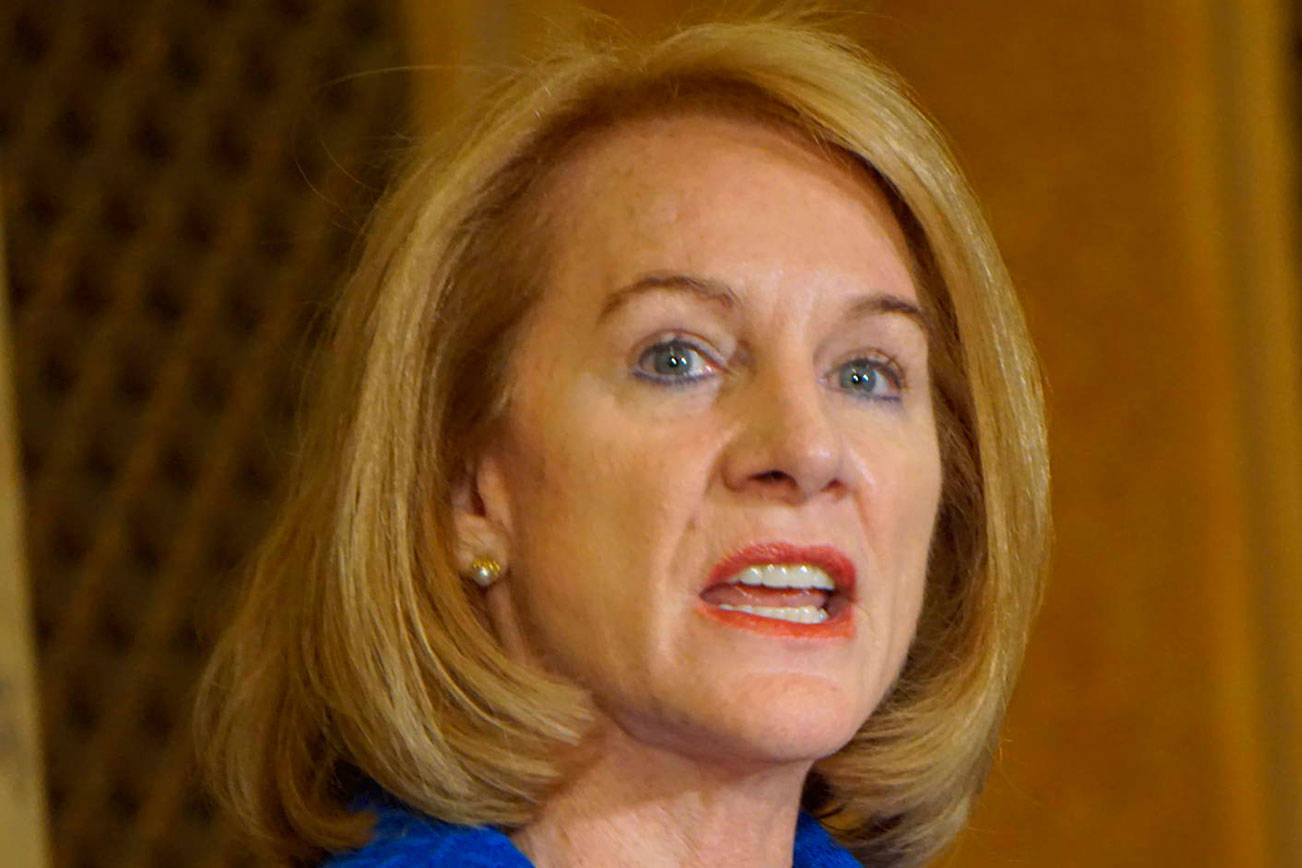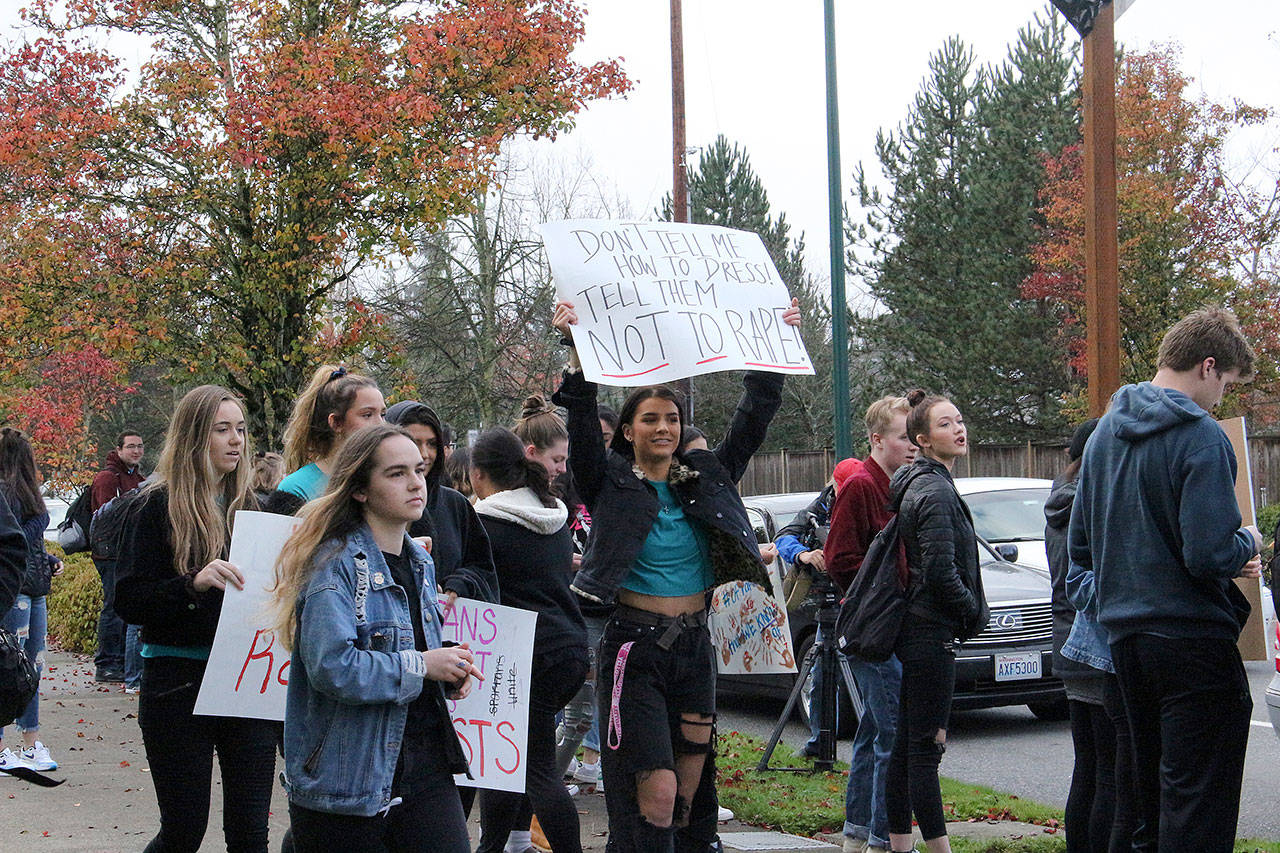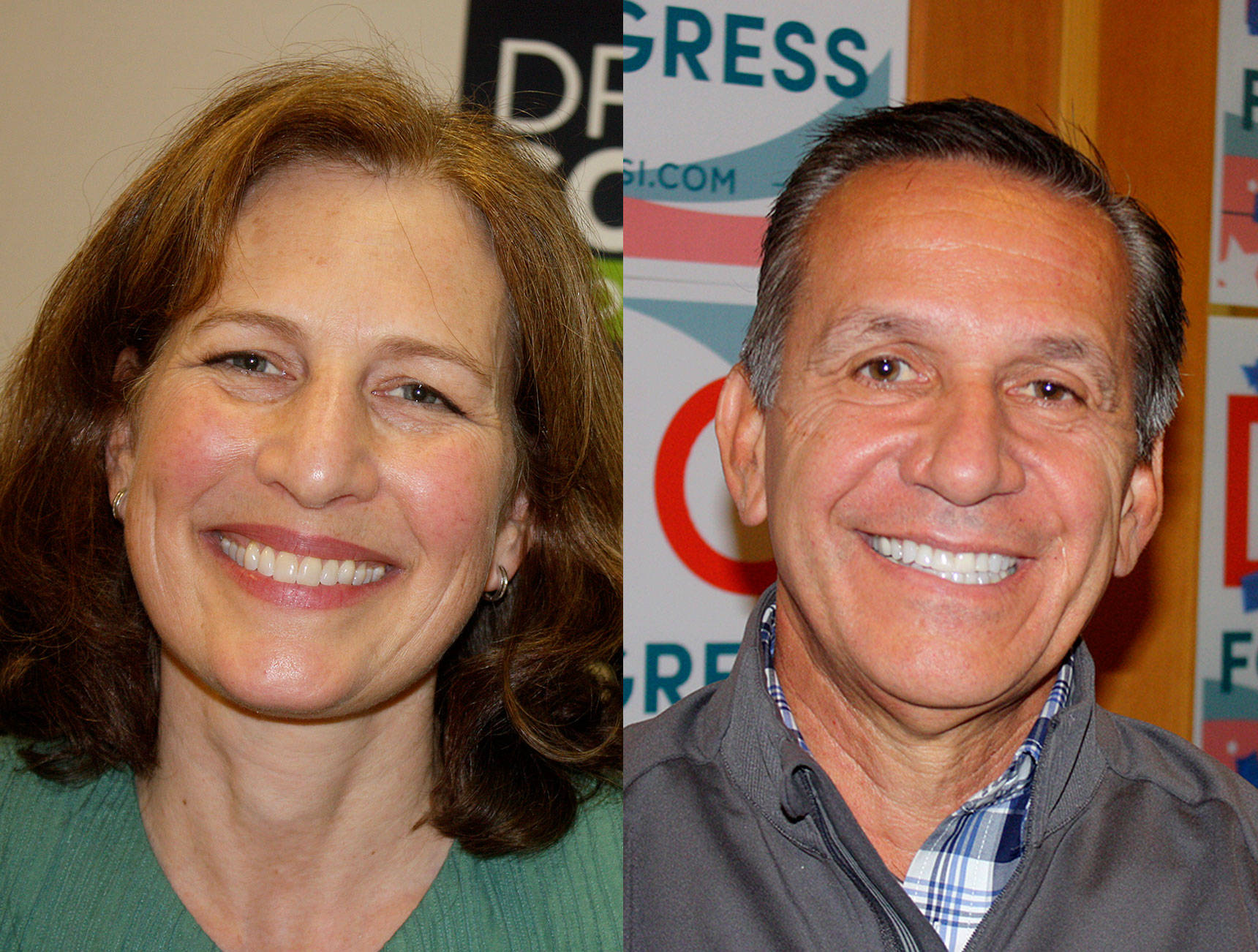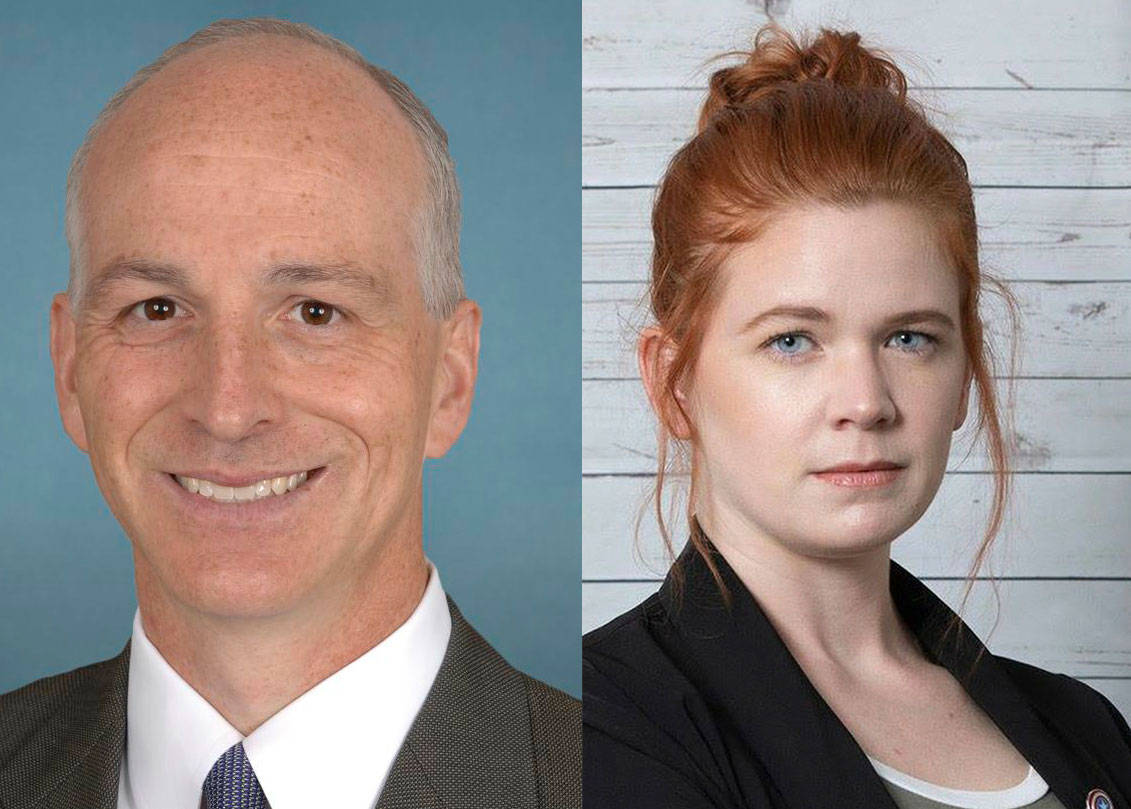Jerry Cornfield, of our sister paper the Herald in Everett, is reporting from the State House as budget talks come down to the wire.
Here’s his rundown of where things stand:
Nearly half-way through a second overtime, the points of contention are decreasing and the deadlock seems less about how much to spend and more about how to spend it.
As of Sunday, the two chambers disagreed on where to put money in public schools with the House preferring to put more dollars into smaller class sizes and all-day kindergarten and the Senate desiring to pick up the full tab for student transportation, materials, supplies and operating costs.
There’s also disagreement on funding for higher education with the Senate pushing for no increases in tuition and the House reportedly wanting to give community colleges and universities the power to decide the matter.
And House Democrats would like to raise revenue from closing a couple tax exemptions while the Senate Majority Coalition Caucus isn’t giving up on further reforms of the worker compensation system.
Sen. Rodney Tom, D-Medina, the Senate majority leader and one of two Democrats in the ruling coalition, summed it up as his caucus pushing to spend $1 billion on basic education and the House Democrats wanting to spend more on social services.
To which Rep. Ross Hunter, D-Medina, the lead negotiator on the House budget, responded with this summation: “They would like to cut existing human service programs and cut existing health care for state employees in order to hit an arbitrary numerical target which they have.”
Meanwhile, House Democrats just released a transportation package that, among other things, will give King County the option to ask voters to raise the sales tax or collect an excise tax on cars to help pay for local transit service.
Here’s Cornfield again:
House Democrats have put forth a new version of a multi-billion dollar transportation package and positioned it for a vote as early as today.
Under the plan, the state would spend $9.7 billion on highways, bridges, ferries and bus service in the next 12 years.
One of the biggest chunks of money would come from a 10.5-cent increase in the gas tax starting with a hike of 6 cents a gallon on Aug. 1 and then a 4.5-cent increase on July 1, 2014.
The bill drops a special 3-cent per gallon increase to pay for the Highway 520 bridge that had been approved by the House Transportation Committee in April.
Projects to be undertaken with the money cover 11 pages in this document.
Most eyes in the Senate Majority Coalition Caucus will settle on the line item for the Columbia River Crossing which shows a $262.4 million expenditure in the next biennium.
The legislation authorizes the issuance of up to $650 million in bonds toward building a new bridge on I-5 over the Columbia River. It also prohibits spending a lot of the money until the U.S. Coast Guard approves a permit for the project and agreements are reached on the construction and operation of light rail service between Vancouver and Portland.
House Bill 1954 is on the floor calendar meaning it could be brought up for a vote whenever the leadership is ready.
Speaker Frank Chopp has said in the past that a vote would not occur until after an operating budget agreement is in hand.
Meanwhile, Gov. Jay Inslee said last week he doesn’t want lawmakers to leave Olympia without passing a transportation funding bill – even if it means he summons them for a third special session.
